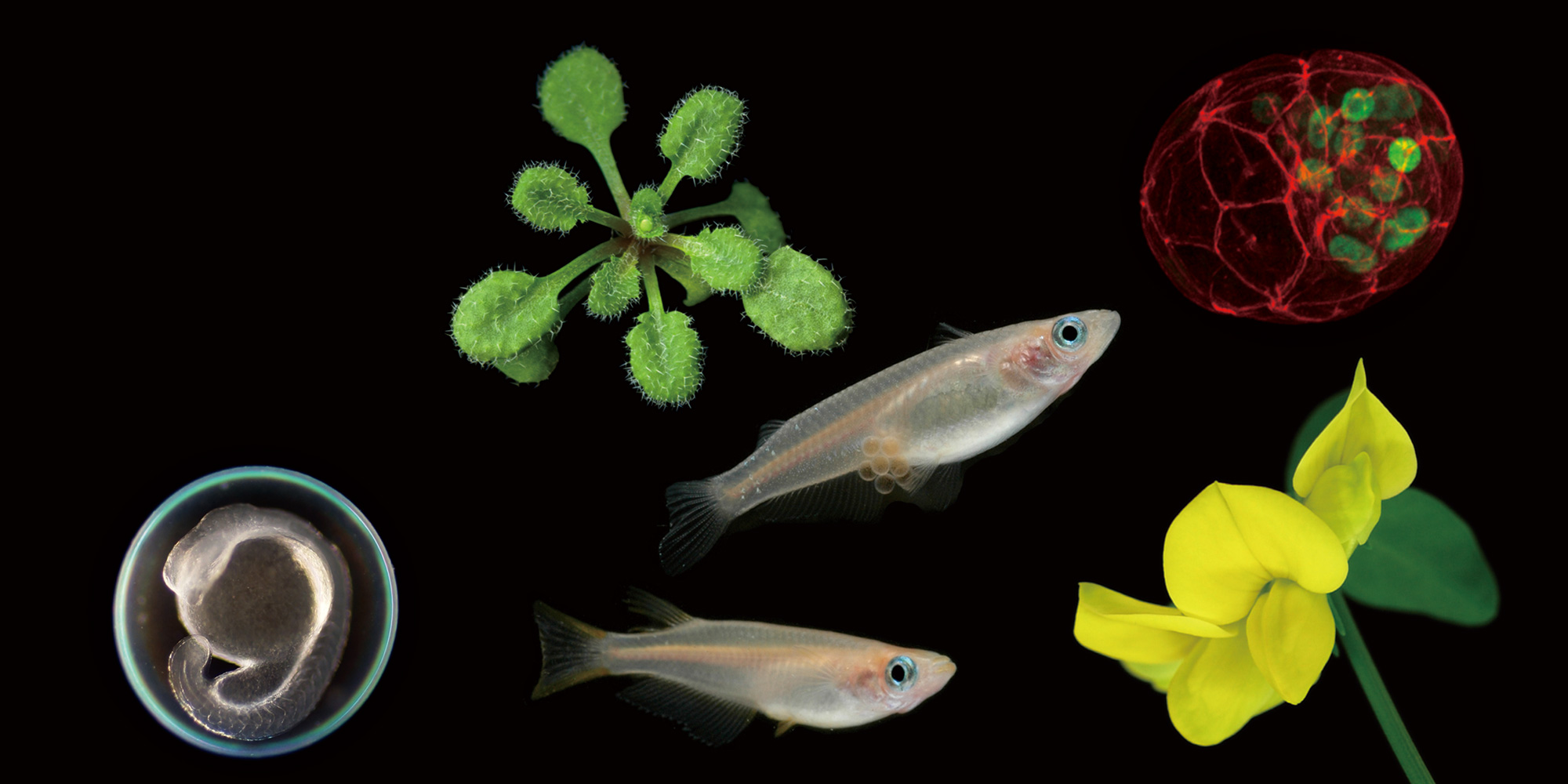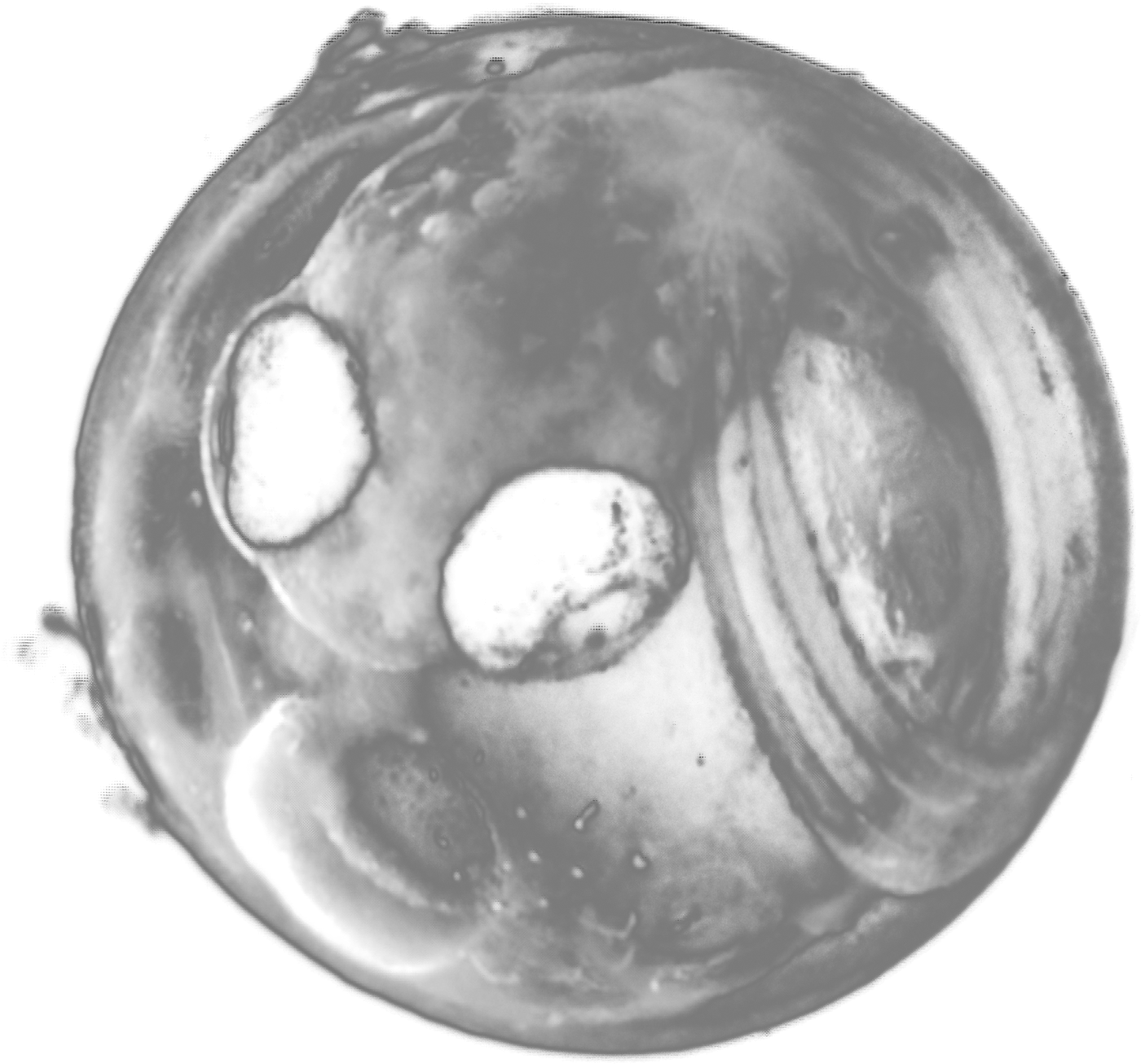2024.10.15 Introduction of New Professor (Special Seminar)
Understanding the ubiquitin code in plant stress responses
Dr. ISONO, Erika (Division of Molecular Cell Biology, Visiting Professor / University of Konstanz, Germany, Professor)
2024. 10. 15 (Tue) 14:30 ~ 15:30
Meeting Room (111-112), 1F NIBB bldg.
MIWA, Tomoki (Technical Division, ex7655, miwa@nibb.ac.jp)
Plants must adapt their growth and development to the changing environment and cope with various stress conditions. An appropriate response to abiotic stresses, such as salt or high temperature, is crucial for survival, as failure to do so can result in proteotoxic stresses, which can have severe consequences. Ubiquitin-mediated selective protein degradation, which encompasses proteosomal-, endosomal-, and autophagosomal pathways, represents a pivotal mechanism regulating rapid cellular adaptation. While ubiquitylating enzymes (writers) primarily determine protein fate, deubiquitylating enzymes (DUBs/erasers) and ubiquitin binding proteins (readers), including subunits of the endosomal sorting complex required for transport (ESCRT), can also regulate protein functions and stability. Recent studies have shown that, in addition to its function in the endosomal pathway, ESCRT components have a versatile role in membrane fission events.
The focus of our research is on the factors that modulate the ubiquitin code during endosomal and autophagosomal degradation processes. To this end, we employ a diverse range of methods from cell biology, protein biochemistry, molecular genetics, and biophysical chemistry. Our objective is to elucidate the intricate orchestration of posttranslational modifications, liquid-liquid phase separation of biomolecules, as well as protein-lipid interactions and membrane remodelling in cellular stress responses.







